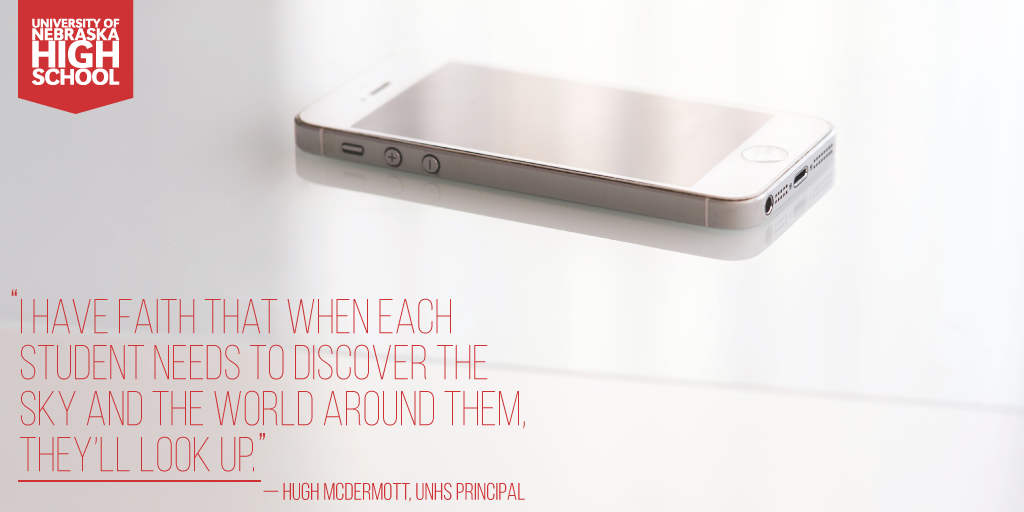
Showcasing achievements through activities is now a standard component of the university application process. While every student applying to colleges will have taken the same standardized tests and similar courses, no one will have the unique combination of hobbies and interests like the ones you may have learned and taken part in.
Writing about your hobbies and activities are a great way to show a university the unique aspects of your personality. Here are a few reasons why:
- Expertise. If you have maintained a hobby for years and thoroughly understands it, they might be considered an expert on the matter. Any expertise, no matter how trivial it may seem, is very valuable to share with colleges you are applying to.
- Uniqueness. Unique activities don’t have to include winning a Nobel Peace Prize or a Guinness World Record—activities could include private lessons, leadership of clubs/organizations, volunteering, and employment. You should think how you have had an opportunity to share these experiences through performing, competition, training someone else or being published.
- Time management. By showing what you do outside the classroom, it conveys that you can use time management skills—a necessary quality to have in college.
- Hard work. We know you put all the time and effort you have into your activity or hobby, now you need to tell the colleges you are applying to the same thing!
- Adds to traditional transcripts. Explaining what you are passionate about can help colleges understand you and what makes you special. Stories about what you love to do in or outside of school are a great addition to the transcripts that are also sent in with your application.
Your extracurricular activities don’t just have to include sports or other hobbies. We understand some students have jobs to support themselves and their families, and this can be a very strong topic to share with colleges as well! By holding a job in high school, it shows you are ambitious and have good balance between work and school.
Here’s another tip! It always helps to include an anecdote or recommendation from an acquaintance you’ve made through shared interests.
Colleges just want to learn more about you and what you have done apart from your traditional application and transcript, because your level of involvement most likely indicates how you will do in college. This is your chance to give a face to your candidacy and stand out amongst other applicants.
So take the time to show your strengths. We know you have many!






